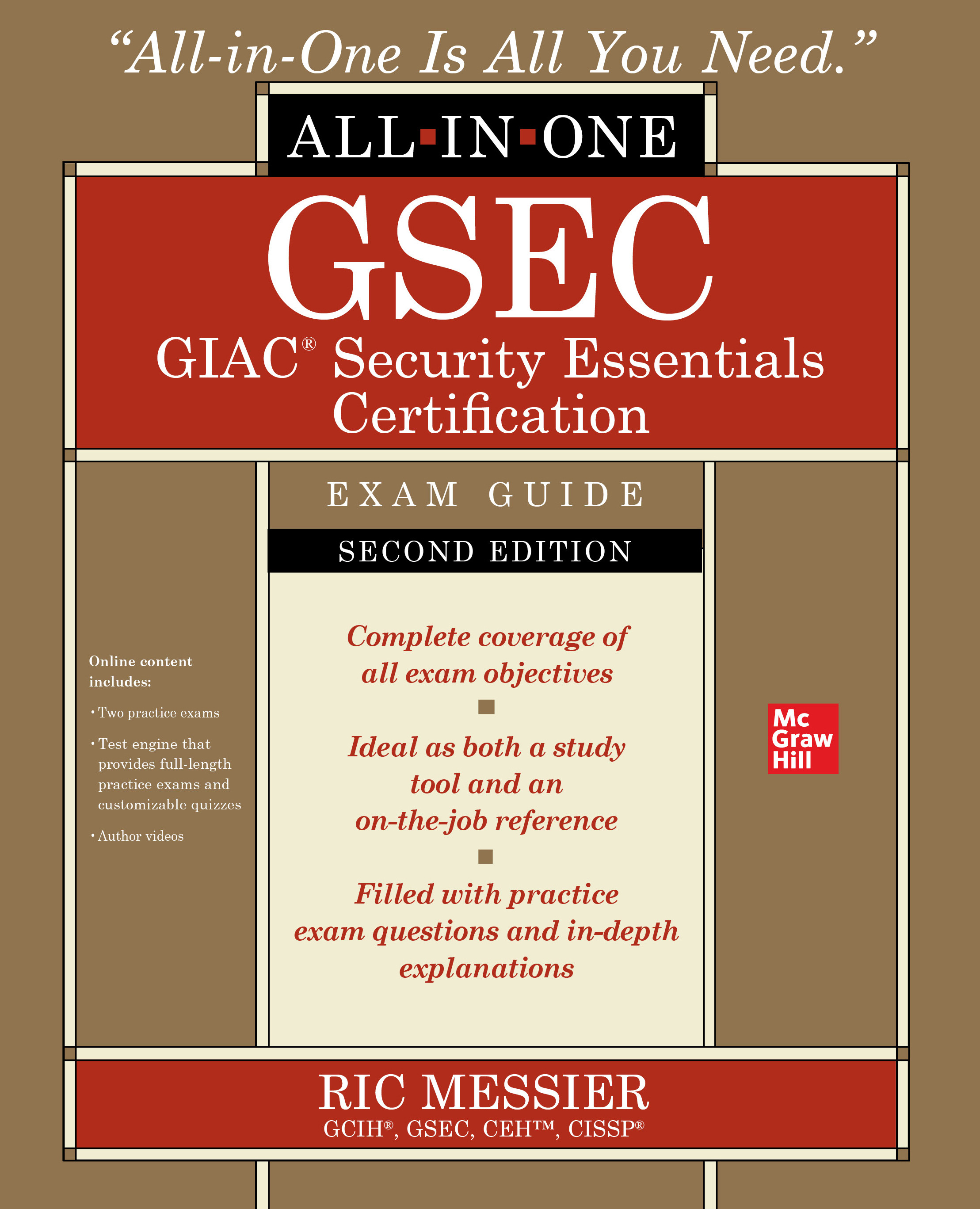In the Cloud: More Silver Lines, Less Dark?


|
|
Apple’s iCloud services could be the sky’s the limit when it comes to homeowner services and potential recurring revenue. For music, for example, a consumer can keep his or her purchased tunes in the cloud, add and subtract selections, and automatically update all devices. Photo Courtesy of Apple |
When the darling of Wall Street and geeks took the stage at the early June Apple Worldwide Developers Conference, Steve Jobs' message was to embrace the cloud. What he called a “breakthrough,” Jobs walked through a multi-media presentation on his firm’s iCloud, a set of free services that work seamlessly with applications on consumers’ iPhone, iPad, iPod touch, Mac or PC so that users can automatically and wirelessly store content in iCloud and automatically and wirelessly push it to all types of devices.
There are scores of nonresidential cloud applications; on the home systems side, the approach seems already working for some home security and energy monitoring services and emerging as a tool to manage, store and retrieve homeowner data ranging from images and music to healthcare documents.
While Jobs’ iCloud effort may appear threatening (Example: iPhone’s whammy against other smartphone makers.), it will make “in the cloud” more understandable and appealing to homeowners, who look to home-centric electronic systems contractors (ESCs) for help. The ESC could also be a “locally-focused Jobs” by offering his or her own cloud to clients or operate an internal cloud for the firm’s business and technology needs.
There is also the concern over security as the cloud billows outward. And, in this case, there are opportunities for ESCs to better secure it all. It is already happening at the home area network and home wireless area network (WLAN) levels. Elsewhere is this issue is an article on the Custom Electronic Design & Installation Association’s just released white paper titled Network Security Best Practices. It covers best practices for implementing WLAN security in a residential environment based on the IEEE 802.11x and 802.3 standards.
The free iCloud services include:
The former MobileMe services — contacts, calendar and mail — all completely re-architected and rewritten.
iCloud Backup automatically and securely backs up Apple iOS devices to iCloud daily over Wi-Fi when a homeowner charges his or her iPhone, iPad or iPod touch. Backed up content includes purchased music, apps and books, camera roll (photos and videos), device settings and app data.
iCloud Storage seamlessly stores all documents created using iCloud Storage APIs and automatically pushes them to all devices. When you change a document on any device, iCloud automatically pushes the changes to all devices.
Looking for a reprint of this article?
From high-res PDFs to custom plaques, order your copy today!







